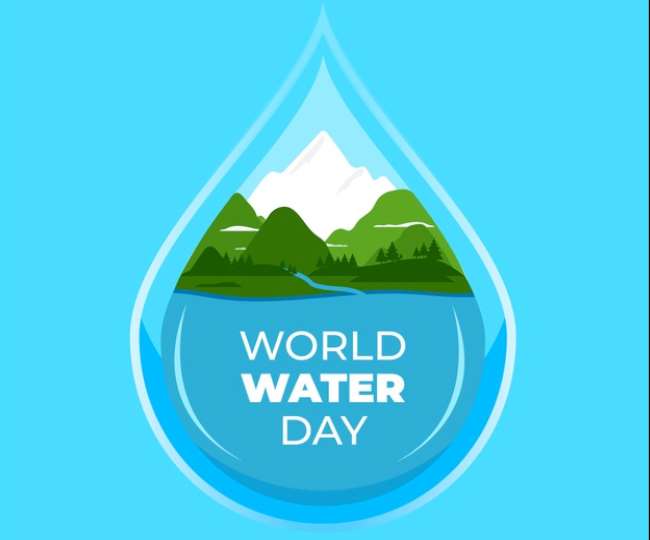Pakistan and the global community observed World Water Day on March 22nd to emphasize the importance of freshwater resources and their judicial and rightful uses along with justly acknowledging the rights of other communities on shared water reservoirs including ravines and oceans. The global event, initiated by the United Nations, aims to raise awareness about water and its critical role in the lives of all living organisms including humans. Historically, World Water Day serves as a ceremonial occasion to highlight the value of freshwater and advocate for its sustainable management. It draws attention to the 2.2 billion people worldwide who lack access to safe water. The ultimate goal of this global initiative is to support the achievement of Sustainable Development Goal (SDG) 6, which focuses on ensuring water and sanitation for all by 2030.
This year’s theme for World Water Day is Leveraging Water for Peace. That recognizes the importance and value of fresh water and that water can be both a tool for peace when communities and countries cooperate, and a source of conflict when access is denied or unfairly shared. The focus is on balancing everyone’s needs and making water a catalyst for a more peaceful world. According to the UN statistics, 153 countries share water resources in the world while only 24 have cooperation agreements for distribution of shared water with a few facing serious discrimination at the hands of others.
Historically, Pakistan is one of the countries that has been a victim of water aggression from its staunch enemy which unfortunately sits on the up-riparian of the Indus Water System comprising multiple rivers. It is an open secret that India has not only been violating the globally recognized Indus Water Treaty (IWT) by obstructing and forcefully using Pakistan’s share of the water from three western rivers but unlawfully constructed multiple water reservoirs and energy projects on the rivers purely dedicated for Pakistan’s use. The Pakistan-India water dispute is a globally recognized issue that has the potential to inflame a nuclear conflict by pushing both nuclear armed states into a full fledged war.
There is a dire need for the United Nations and the global community to accelerate their work together across borders to join hands and implement the United Nations Water Convention, which promotes management of shared water resources sustainably and amicably. The nations around the globe must use water as a tool to promote peace, love and shared prosperity instead of a weapon to harass and desertify other nations in the lower riparian. So, this vital element of human life can easily be made available to all communities across the globe.







